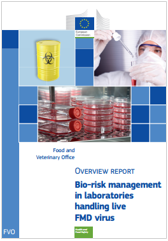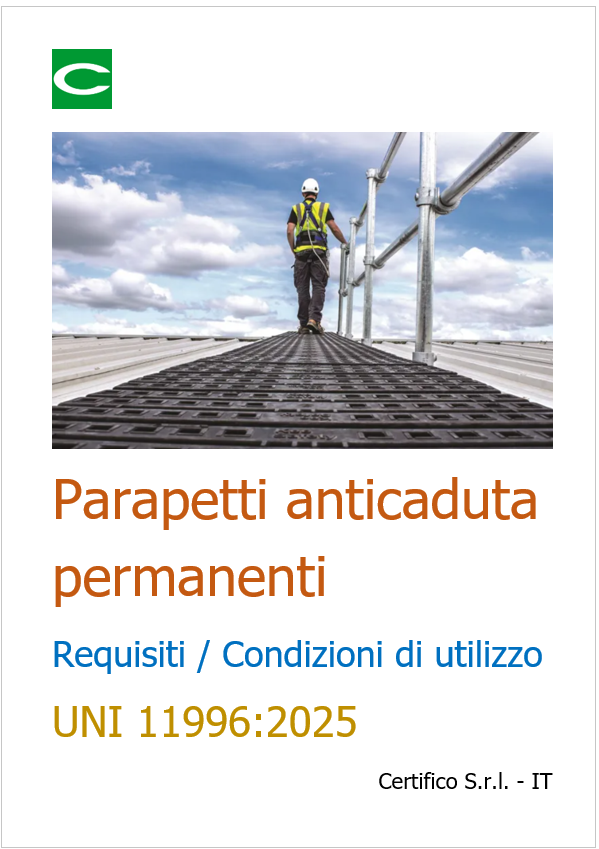// Documenti disponibili n: 46.588
// Documenti scaricati n: 36.655.325
ID 21368 | 15.02.2024 / In allegato
Published 21.12.2023
This document was developed by a group of experts from EU / EFTA Member States, as well as EU-OSHA and EMSA representatives within the Consultative Technical Group for Marine Pollution Preparedness and Response (CTG MPPR). It aims to provide practical guidance based on real-incident experience on how best to plan for and integrate health and safety measures in oil spill response operations.
_______
Oil spill response is a vital measure to mitigate environmental impacts at sea and on the shore caused by an oil spill. A fundamental principle of incident management is that any activities in connection with oil spill response operations should not cause harm to the life and health of the oil spill responders. For that reason, Occupational Safety and Health (OSH) considerations should be an integral part of the oil spill response operation preparation, implementation and management.
The topic of occupational safety and health is very wide and covers all aspects that can affect the wellbeing of workers involved in a task or operation. While all EU countries
have specific laws or regulations on occupational safety and health, that adapt the EU OSH-directives (or legislation) to their specific infrastructure and needs, these are often
quite generic and not specifically aimed to address OSH considerations regarding the particular challenges of oil spill response operations (see chapter 2.1).
Under the framework of the Consultative Technical Group for Marine Pollution Preparedness and Response (CTG MPPR), European Union (EU) and European Free Trade Association (EFTA) Member States have expressed interest in sharing best practices and gathering more information on health and safety approaches in place in Europe, specifically for marine oil spill response operations. Throughout the years, efforts to facilitate this exchange of good practice have been made at national, EU and international levels through dedicated workshops, technical papers, reports and industry guidance documents. A (non-exhaustive) list of relevant regulations and guidance documents addressing OSH for marine pollution responders is included in chapter 1.4 below and in Annex 10.1.
Following a proposal submitted by Norway to the CTG MPPR, a voluntary working group of experts from EU / EFTA Member States was established under the CTG MPPR work to draft OSH practical guidance for oil spill responders, based on best-practices, existing guidance, and real incident experience. Considering the subject matter, the European Agency for Safety and Health at Work (EU-OSHA) was also invited by EMSA to contribute to this work in reviewing existing OSH documents and practices and in drafting this guidance document.
This document is the outcome of the work of this working group, as approved by the CTG MPPR at its 17th meeting in October 2023 and is publicly available on the websites of
EMSA and EU-OSHA.
EMSA European Maritime Safety Agency

Bio-risk management in laboratories handling live FMD virus
Overview report
Food and Veterinary Office (FVO) audits to EU laboratories authorised to handle foot-and-mouth disease (FMD) virus showed that...

ID 930 | 17.08.2014 / In allegato
Oggetto: richiesta pareri in riferimento alle nuove indicazioni dell’allegato VII che prevede che in alcuni settori lavorat...

ID 25429 | 03.02.2026 / Documento completo in allegato
Il presente documento illustra, con il supporto di immagini e schemi, i con...
Testata editoriale iscritta al n. 22/2024 del registro periodici della cancelleria del Tribunale di Perugia in data 19.11.2024